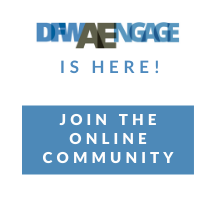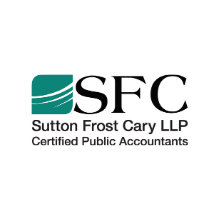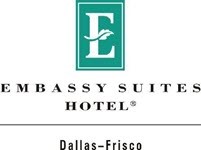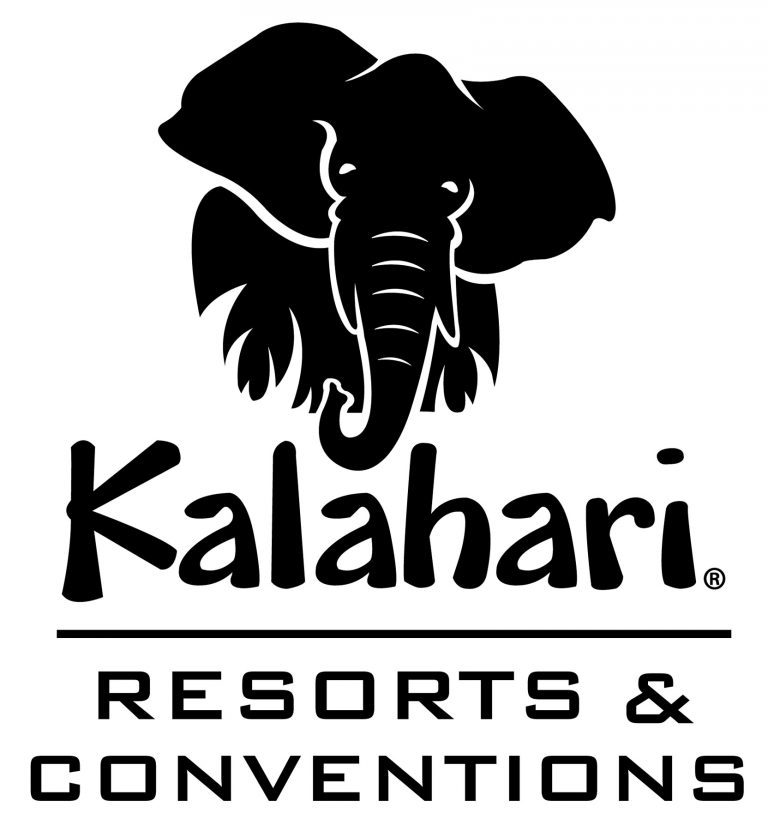| Meet Kristine Metter |
 |
 |
 |
| Friday, March 04, 2022 03:41 PM |
Meet Kristine Metter, DFWAE’s Association Day Keynote Speaker
DFWAE: Kristine, we're looking forward to your keynote presentation at Association Day on April 25! We know you have 30 years of experience working with associations and nonprofits. How has your experience helped you adapt to all of the changes you've seen for associations since the pandemic? Kristine Metter: Over the years, I worked for a variety of professional societies and trade associations, providing leadership for membership development, event strategy, governance, and non-dues revenue. That broad background has enabled me to see how effective associations operate on a daily basis. While that background provided a strong foundation, what really prepared me for the disruption of the last two years was my practice of foresight and futures-thinking, which includes constantly scanning the environment and listening for weak signals that you then synthesize and interpret for your situation. By looking at multiple possible scenarios and preparing contingency plans, you are better equipped to adapt to unexpected events. When you combine foresight with a mission focus and an agile mindset, you are in a terrific position to think broadly about who you serve and how you can meet your constituents’ evolving needs. That powerful combination provides you with the tools to go beyond surviving to thriving. DFWAE: It may be easy for association professionals to get discouraged because this is certainly a tough climate to deliver value with some of the challenges you'll be speaking about in your keynote (Great Resignation, generational expectations, etc.) What do you hope to accomplish through your keynote that will set up association professionals – representing all departments – for success? Kristine Metter: You are right that this can be a discouraging time. We are all tired and struggling to maintain our resilience. It is clear that member and constituent needs are different today than they were two years ago. Members increasingly are demanding a higher return on their investment (both dollars and time). When we gather together on April 25, I plan to provide insights into why adopting a foresight mindset helps associations make better future-oriented decisions today and encourage everyone to embed the practice throughout their association. We’ll explore the fundamentals of foresight and provide a framework for why foresight is a leadership competency. We’ll then apply these principles by looking at change scenarios and the related consequences – both expected and unexpected – that could impact how you run your association as well as implications for your members’ professions and industries. I want to acknowledge to everyone that change is hard. I get that. We have an innate resistance to change and innovation, but we can drive through that barrier with small steps and patience and persistence. In time, the practice of foresight and futures-thinking will become more comfortable and natural. This opening keynote will provide you with fresh ideas and perspectives that you can carry through the rest of the day and into the coming weeks and months. DFWAE: For those who are on the fence about attending Association Day and hearing your address, what would you like to share with them about why they need to be at the Irving Convention Center on April 25? Kristine Metter: Now is an important time for association professionals to share what they’ve learned over the past two years. New norms and best practices are emerging every day. We’re all experimenting, testing, and adapting. By leaning on each other, we can all rise together to serve our members and constituents better. I look forward to meeting association professionals from across the Dallas metropolitan area and hearing how you are innovating and thriving. And while we’re talking about experiences, I’m seeking real life situations of how you used foresight, scenario planning, or contingency plans to help you through disruption. If you have an experience to share, please contact me at [email protected]. DFWAE: Anything else you'd like to share or add that attendees should keep in mind prior to hearing your address? Any prep or thought work they need to do? Kristine Metter: One common misperception about foresight and futures thinking is that it is about predictions. Rather, it is about forecasts and includes some uncertainty. Foresight looks at multiple possible futures, connects the dots, and enables you to take steps today to drive your organization toward a preferred future. The University of Houston offers a foresight certificate program. They define foresight as “the multi-disciplinary study of change and its implications in the context of the future. It synthesizes insights from a wide variety of fields including economics, engineering, sociology, politics, systems theory, creativity, community building, and so on. Foresight is not about predicting ‘THE’ future, but rather about uncovering a range of plausible alternative futures, and then identifying the indicators that suggest the various ways the future is unfolding. Some of the most common uses of foresight in organizations are to help them come up with more creative and innovative offerings, to better understand and anticipate the future needs of their customers or clients, or to craft strategy. Foresight is also used in government agencies to develop policies and plans informed by a future perspective. Associations often study the future to help their member organizations anticipate and prepare for the future. We all have an interest in the future, so foresight is helpful across wide range of activities and institutions.” For anyone who wants to see how foresight is being implemented in the association community, the American Society of Association Executives (ASAE) has an evidence-based research initiative and related set of tools. Their ForesightWorks program includes a User’s Guide and a set of 50 drivers of change that include forecasts, data points, and strategic insights to guide association executives through a wide range of topics. Register for Association Day |

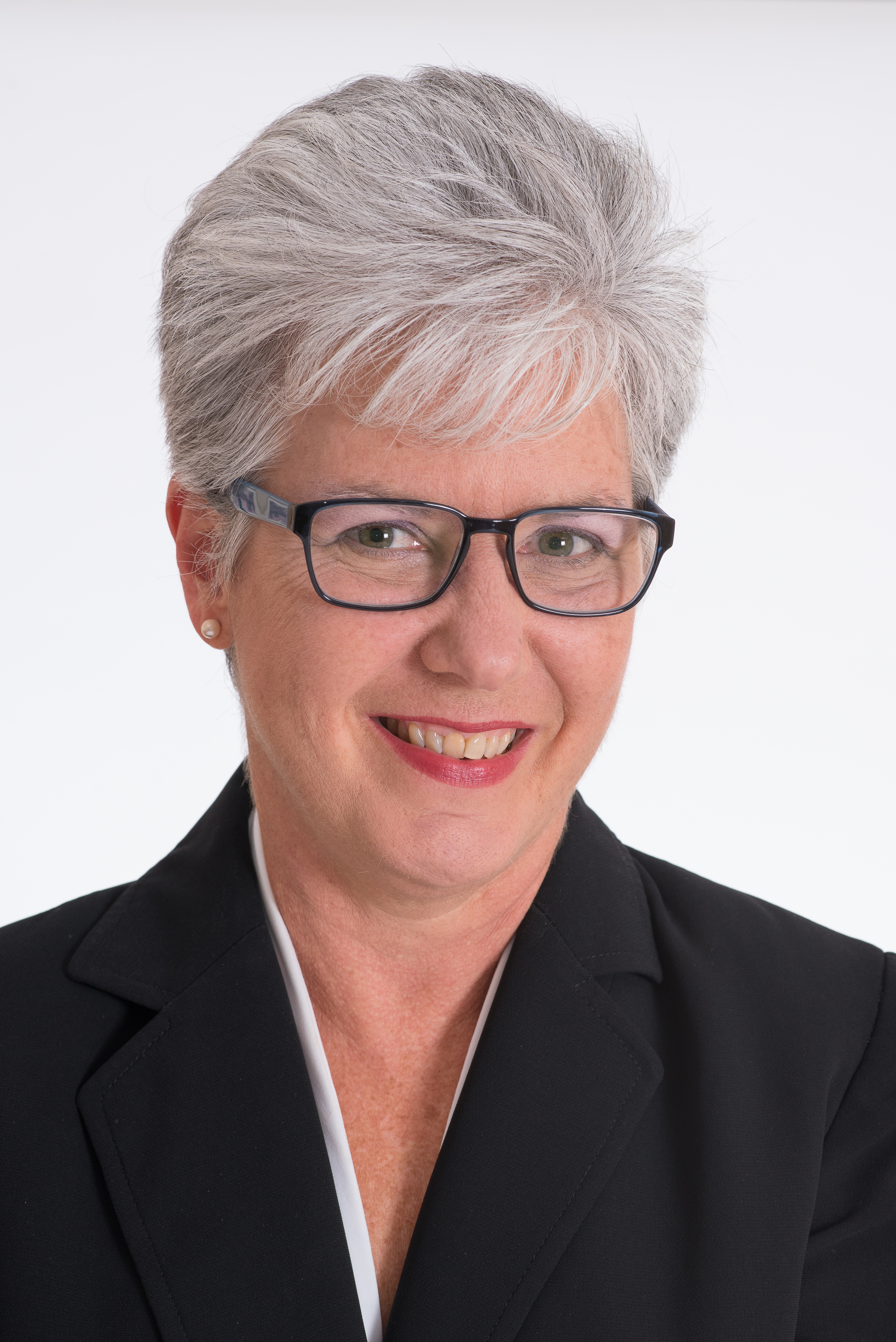 We’re looking forward to seeing you at
We’re looking forward to seeing you at 
